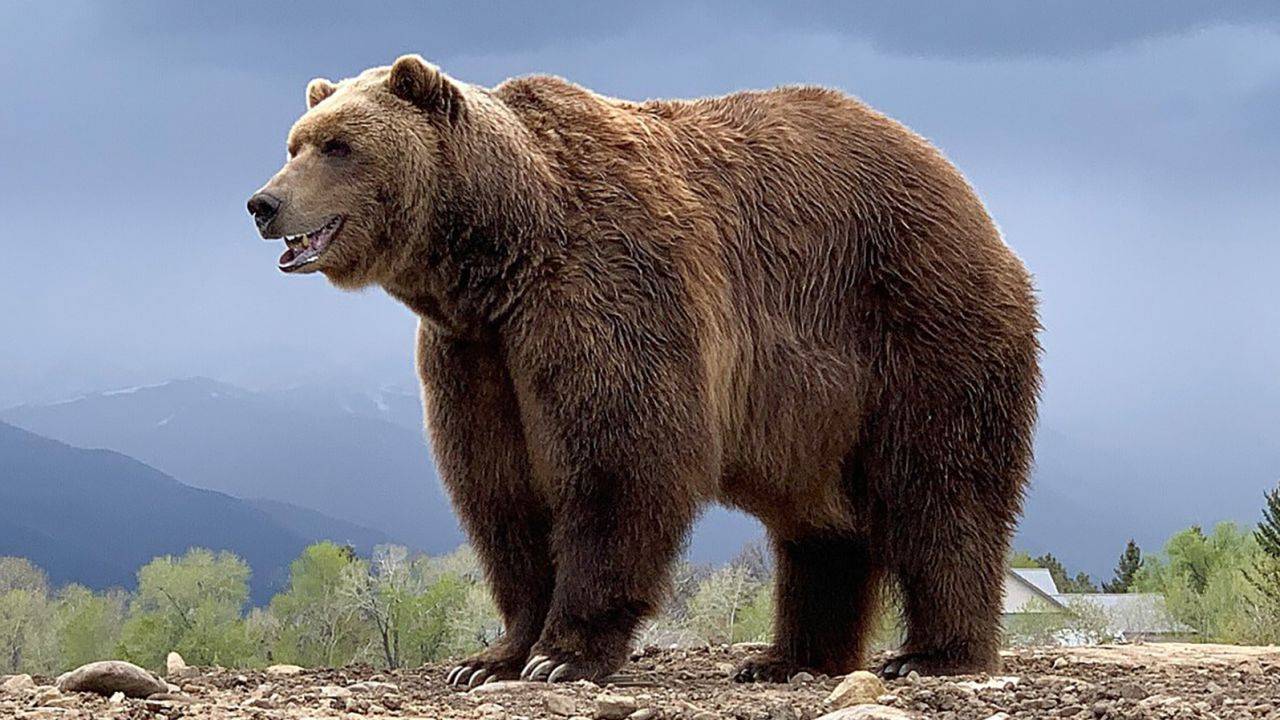Bears, belonging to the Ursidae family, are awe-inspiring creatures that have captured human imagination for centuries. These majestic animals are found across various regions of the world, each species adapted to its own unique environment. From their incredible size to their intriguing behaviors, bears have a lot to offer in terms of natural wonder. Let's delve into five fascinating facts about these remarkable creatures.
1. Diverse Habitat Range:
Bears are remarkably adaptable and can be found in a diverse range of habitats, including forests, tundras, mountains, and even swamps. The polar bear, for instance, is superbly adapted to icy environments and is considered a marine mammal, while the giant panda resides in the bamboo forests of China. This adaptability has contributed to their success as a species over time.
2. Hibernation and Metabolism: Many bear species exhibit a unique hibernation behavior. During winter months, they enter a state of reduced metabolic activity, where their heart rates drop, and they survive on stored body fat. While hibernating, bears do not eat, drink, urinate, or defecate. This remarkable adaptation helps them conserve energy when food is scarce and environmental conditions are harsh.
3. Plant-Based Diet:
While bears are often associated with being carnivorous, some species actually have a predominantly plant-based diet. The giant panda, for example, consumes almost exclusively bamboo. Its digestive system has evolved to efficiently process this fibrous plant material. This adaptation showcases the incredible diversity in bear species and their ability to thrive on different diets.
4. Strong Parental Instincts: Bears are known for their strong maternal instincts and care for their cubs. Female bears go to great lengths to protect and nurture their offspring, often exhibiting fierce determination when their cubs are threatened. They invest significant time and energy in rearing their young, teaching them essential survival skills before they venture out on their own.
5. Essential Ecological Role:
Bears play a vital role in maintaining the health of ecosystems they inhabit. As omnivores, they help control prey populations and disperse seeds through their scat, contributing to forest regeneration. Their activity can even create habitats for other species. By regulating prey numbers and shaping plant communities, bears have a far-reaching impact on the balance of their ecosystems.
In conclusion, bears are truly remarkable creatures with a wide array of adaptations and behaviors that have allowed them to thrive in various environments. From their diverse habitats to their role in shaping ecosystems, these animals continue to captivate researchers and nature enthusiasts alike. Understanding and conserving these magnificent creatures is not only essential for their survival but also for maintaining the health and balance of our planet's natural world.



No comments yet
Be the first to share your thoughts!